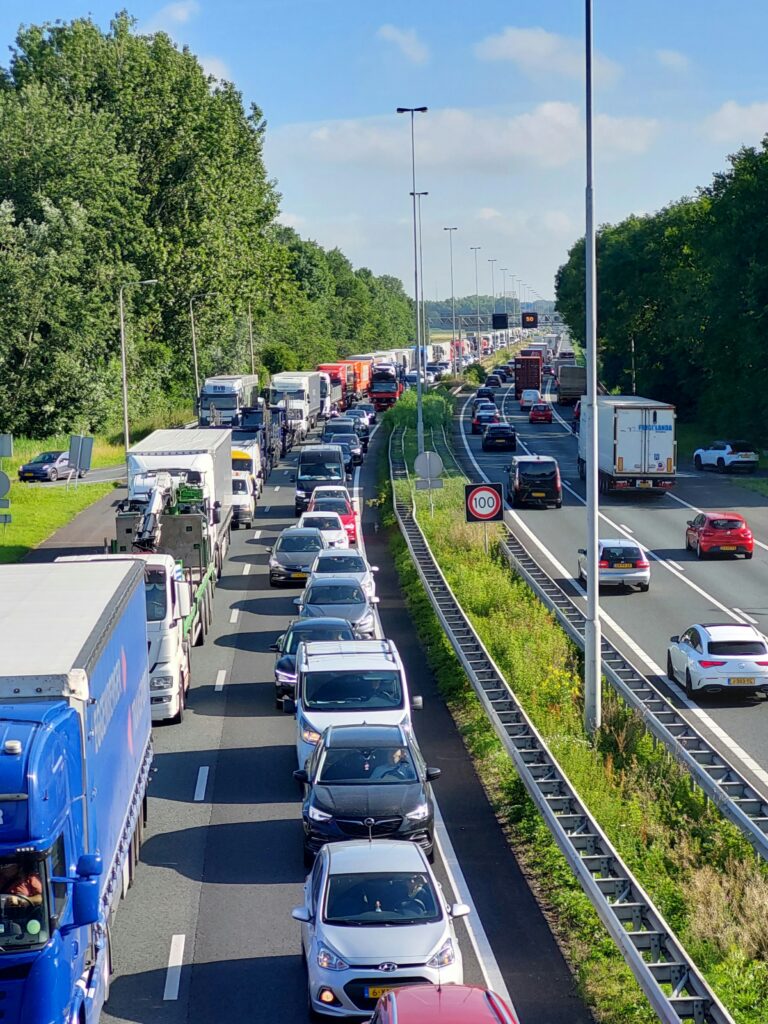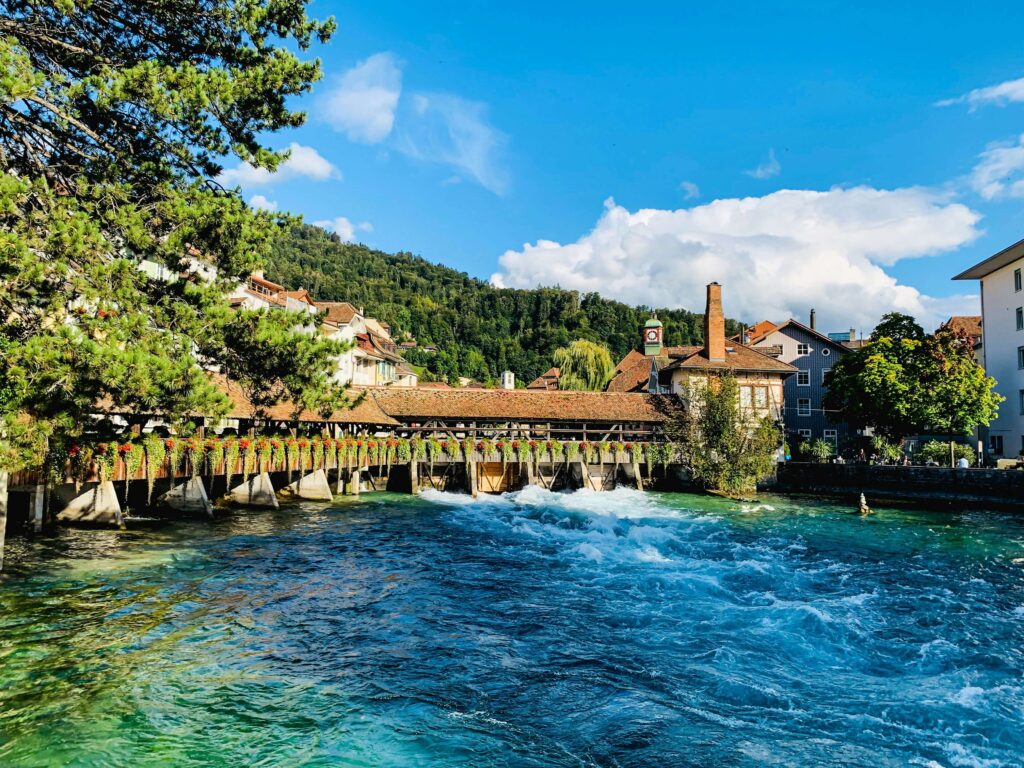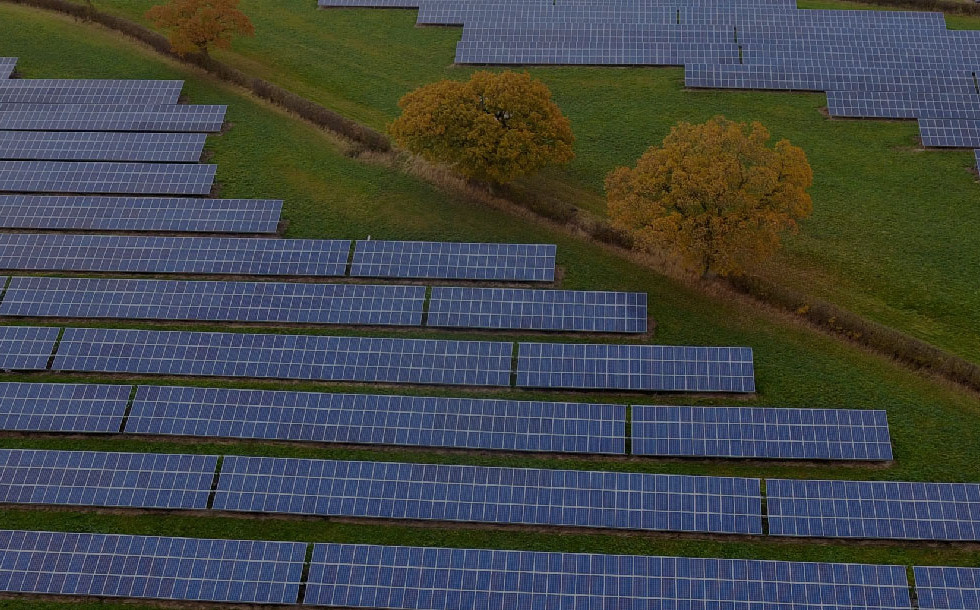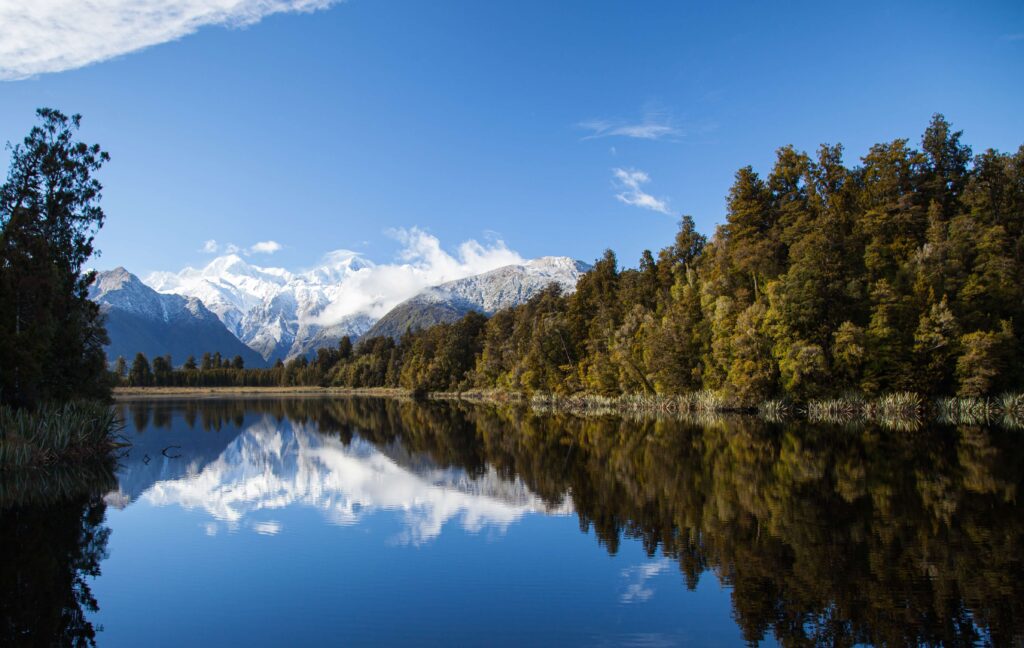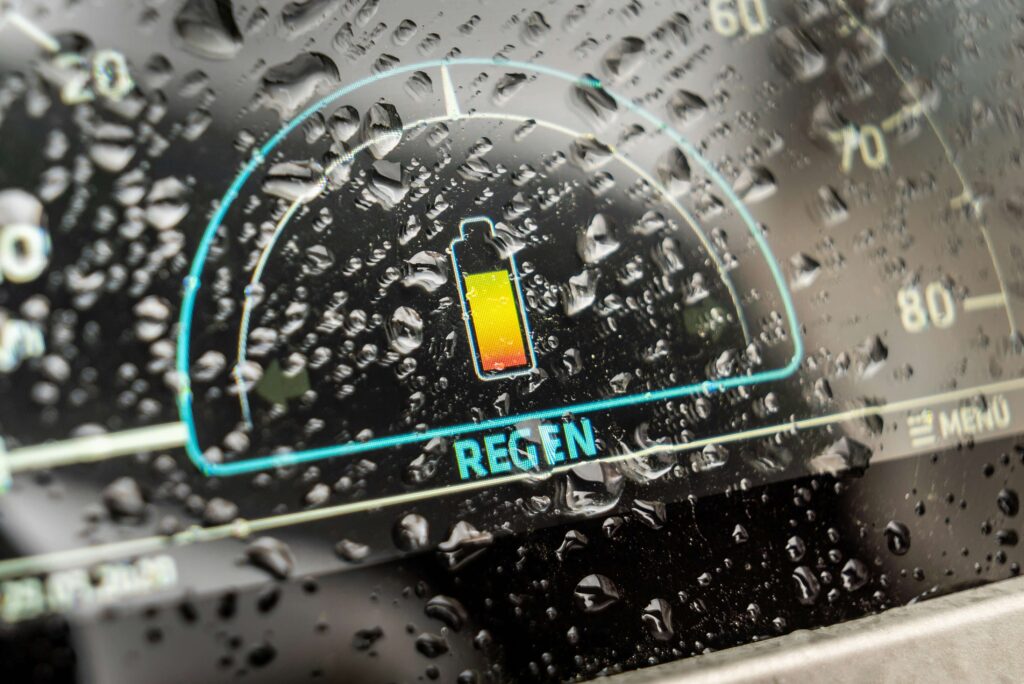Watch video: Tipping Points and Planetary Solvency
In this webinar, Professor Tim Lenton from the University of Exeter summarises recent evidence regarding climate tipping points. Associated is the concept of Planetary Solvency, which defines catastrophic impacts as economic contraction with a GDP loss of over 25%, mass human mortality events resulting in over 2 billion deaths, warming of 2 degrees or greater, triggering high numbers of tipping points. Brought to you by ESR, Wise Response, Our Climate Declaration, Degrowth Aotearoa and the Nelson Tasman Climate Forum.
Read MoreESR Submission to Parliament on Traffic Congestion Charging
ESR made a submission to the Transport and Infrastructure Committee of Parliament on the Land Transport Management
(Time of Use Charging) Amendment Bill 2025 to sensitively support the use of congestion charging in a way that doesn’t penalise the poor
April 2025
CONTENTS: From sewage and scum to swimming in ‘blue gold’: how Switzerland transformed its rivers – UK scientist wins prize for invention that could help avert ‘phosphogeddon’ – Nearly 100% of lithium recycled in latest research – UQ researchers set new solar cell world record – Plants are losing their appetite – WMO report documents spiralling weather and climate impacts – Trump Administration plans to gut NOAA – Climate crisis on track to destroy capitalism as we know it, warns top insurer
Read MoreEffect of AM Network closure on disaster communications
Letter to Hon. Mark Mitchell, Minister for Emergency Management and Recovery, on effect of AM network closure on disaster communications
Read MoreVideo coming soon: Insights from a community energy project
In this presentation, Stuart Potter will provide first-hand insights arising from the purchase and operation of Heart of England Community Energy, a series of three 5 MW solar energy sites based north of Stratford Upon Avon in the UK. This is one of the largest community solar farms in the UK, made up of around 60,000 solar panels, and has been generating clean and sustainable electricity since 2016.
Read MoreVideo coming soon: A current perspective on local government
Crystal Beavis spoke about her experience as a first-term Councillor for Waikato District Council. Local Government plays a key role in infrastructure, engineering and related matters such as: roads, drinking water, wastewater, stormwater, building consenting, district planning and noise control. Funding pressures have been exacerbated by decreases in funding from central government, unfunded mandates, and legislated water reform.
Read MoreJanuary 2025
CONTENTS – Global CO2 emissions in 2024
– Climate crisis effects on Earth’s water cycle – US homeowners in disaster-prone states face soaring insurance costs – Climate change and geopolitics – EU’s electricity mix in 2024 – Toxic PFAS pollution in UK and Europe – Flatulence tax: Denmark agrees deal for livestock emissions levy – Sites without sound: Oslo leads in quiet, low emission electric construction – Report says blue hydrogen gives false hope for green steel – How to make oxygen on the moon – Recommended reading – ESR Prizewinner, Zion Young

